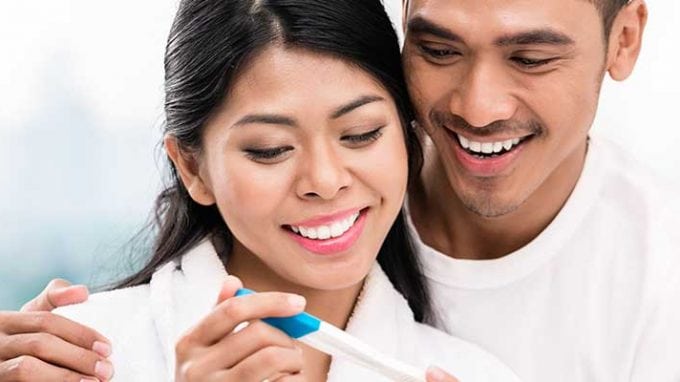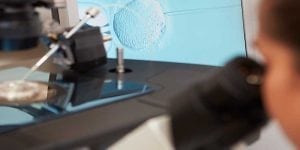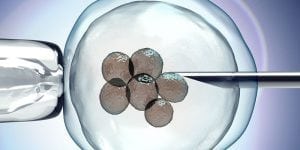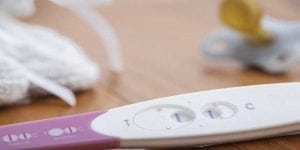Endometrial scratching is a procedure designed to help improve the embryo implantation rate in women undergoing artificial insemination. The procedure involves scratching the uterine lining to increase the likelihood that an embryo will be able to attach itself to the uterus. Patients who have experienced several failed implantation attempts (the transfer of eight to 10 embryos without a pregnancy occurring) have a better chance of success by using this method.
How is the Endometrial Scratching Procedure Performed?
Between the 19th and 27th day of the menstrual cycle, a small amount of the endometrium is scraped off by inserting a thin catheter through the cervix and into the uterus. It is believed that a biopsy of the endometrial tissue causes a local reaction similar to inflammation. This leads to an influx of white blood cells and immune cells, which release growth factors and cytokines that can support implantation. The procedure, which only takes a few minutes, is virtually painless and is performed without anesthesia. In addition, endometrial scratching is considered very low-risk. In the case of a pregnancy, the risk of miscarriage is about one percent.
How Successful is Endometrial Scratching?
Numerous studies show that scratching the uterine lining can significantly improve implantation chances. A 2012 study found that the procedure increased the chance of pregnancy in women with recurring implantation problems by 70 percent. Further research from 2015 showed that the procedure was more likely to improve the birth rate in women who had previously undergone two or more failed IVF cycles. A study by the University of Ankara found that in 114 women under 40 who had experienced at least two failed IVF attempts, 38 percent of women who opted for endometrial scratching in addition to IVF became pregnant, compared to just 20 percent of women who only underwent IVF. Charles Kingsland from the Hewitt Fertility Centre at Liverpool Women’s Hospital explained that while the procedure appears promising, further evidence of the method’s effectiveness is needed before recommending it to all women. Nick Raine-Fenning from Nottingham University’s Nurture Fertility clinic speaks of varying study results but points out that the successes outweigh the failures.
In general, endometrial scratching may not be covered by general health insurance and costs roughly around $200.




